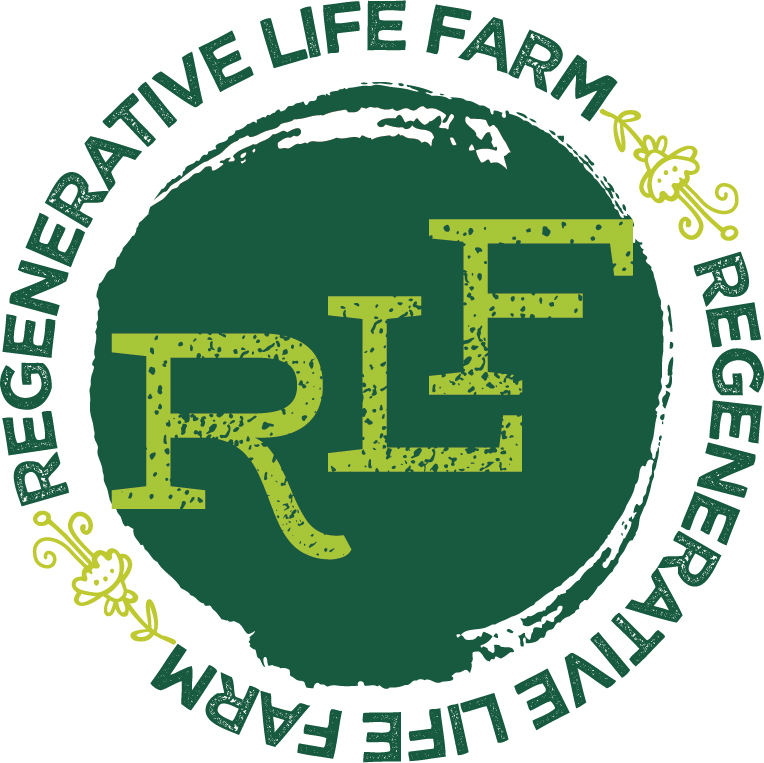Good Stress
This was published in the December 10, 2020 edition of The Fish Wrap.
Autophagy means self-eating which sounds awful but is actually wonderful. All organisms naturally undergo this biological process that plays a key role in detoxification, repair and regeneration. When a plant or human faces stressors, autophagy kicks in to remove dysfunctional cells, pathogens and toxins. This process then recycles the remaining parts for use as fuel or to repair and rebuild healthy cells. It’s like a reset back to optimal function.
What doesn’t kill you makes you stronger and some stress is beneficial. All of life is a race to repair and regenerate faster than damage can accumulate. Autophagy is a strategy for facing stressors that can leave the organism stronger than it was before. A plant that has faced extreme weather stressors will become more complex, containing different nutrients and flavors than an unstressed plant. In humans, an infection will trigger autophagy, killing damaged cells and recycling them for energy to power the immune system. After mounting a successful defence against the infection, the human will be better prepared to face future challenges.
Autophagy supplies energy and building blocks for repair which supports immunity and helps prevent diseases like cancer and liver disease. It slows the effects of aging overall and has a key role in fighting neurodegenerative diseases like Parkinson’s disease. In Alzheimer’s disease, autophagy removes amyloid buildup and allows healthy brain cells to grow.
Autophagy is triggered automatically by the kinds of stressors we meet every day, but there are ways to kickstart this natural reset. Intermittent fasting is eating only within an 8 hour window each day, for example. The mild stress of skipping meals has been shown to have anti-aging and weight-loss benefits. Physical exercise is another kind of stressor that sets off toxin removal, repair and regeneration of muscles and the circulatory system.
